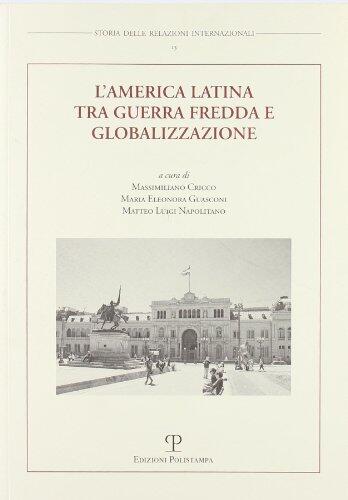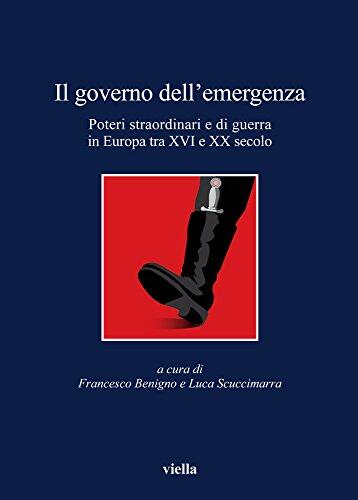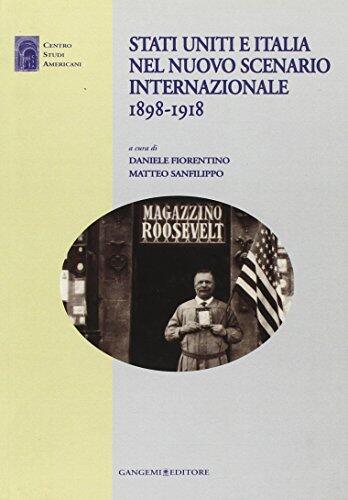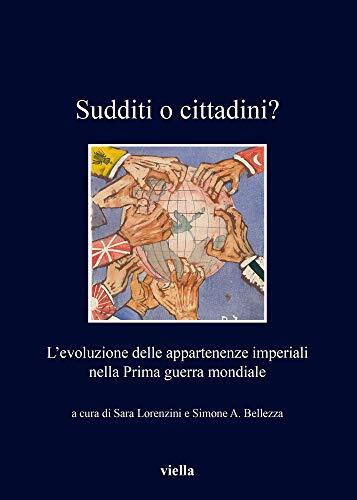
L'America Latina tra Guerra fredda e globalizzazione
by:
Massimiliano Cricco
,
Maria Eleonora Guasconi
,
Matteo Luigi Napolitano
Language: Italian
Format: Paperback
ISBN 10: 8859607388
ISBN 13: 9788859607380
Publication date:
June 15th, 2010
Publisher: Edizioni Polistampa
Pages: 168
Genres: Action & Adventure
This insightful volume delves into the complex interplay of political dynamics in Latin America during a pivotal period of history. The editors, Massimiliano Cricco, Maria Eleonora Guasconi, and Matteo Luigi Napolitano, expertly compile contributions that shed light on how the Cold War shaped the region’s international relations.
Readers are drawn into a narrative that examines the cultural, social, and economic repercussions of global tensions. The book offers a rich analysis of how various Latin American nations navigated the pressures of superpower influences while asserting their own identities on the global stage.
Through a multidisciplinary approach, it explores themes such as nationalism, insurgency, and the impacts of globalization, providing a nuanced understanding of the evolving geopolitical landscape. The contributors employ a range of historical perspectives, connecting past events to ongoing issues faced by these nations today.
By illuminating these critical transformations, the editors encourage readers to reflect on the lingering impacts of this era, fostering a deeper grasp of contemporary Latin America’s significance in global affairs.
Readers are drawn into a narrative that examines the cultural, social, and economic repercussions of global tensions. The book offers a rich analysis of how various Latin American nations navigated the pressures of superpower influences while asserting their own identities on the global stage.
Through a multidisciplinary approach, it explores themes such as nationalism, insurgency, and the impacts of globalization, providing a nuanced understanding of the evolving geopolitical landscape. The contributors employ a range of historical perspectives, connecting past events to ongoing issues faced by these nations today.
By illuminating these critical transformations, the editors encourage readers to reflect on the lingering impacts of this era, fostering a deeper grasp of contemporary Latin America’s significance in global affairs.











